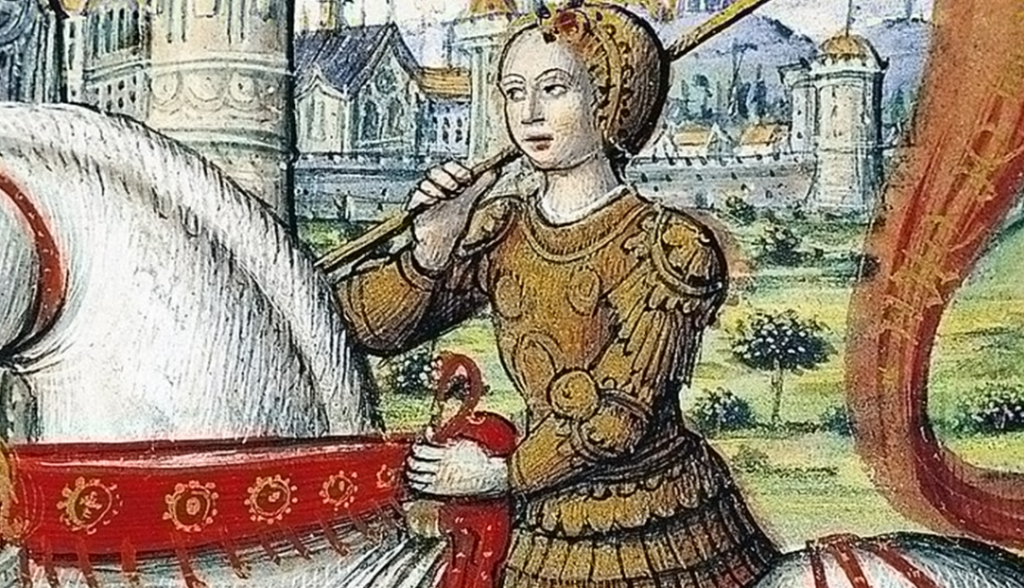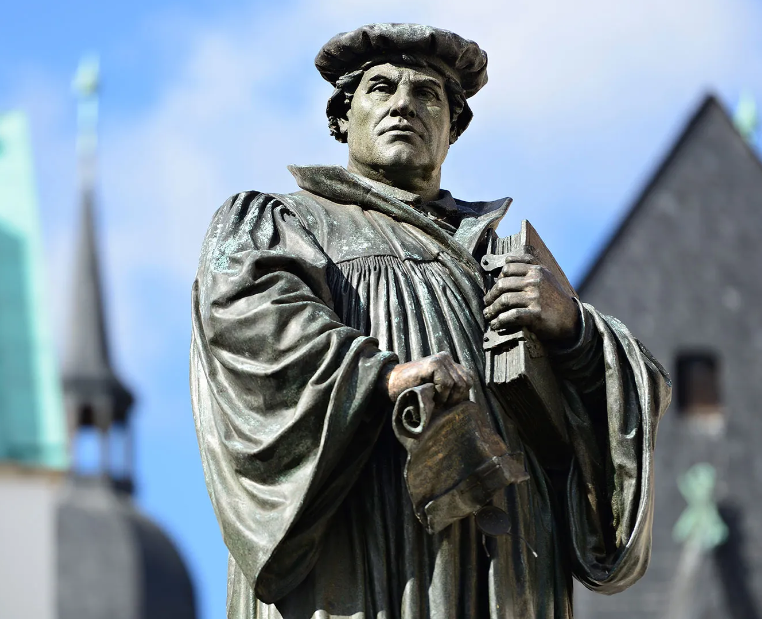Let’s look into United Kingdom National Hero. The United Kingdom is home to some of the world’s most celebrated figures in history. One of those heroes is Sir Winston Churchill, a former Prime Minister and wartime leader. Churchill’s contributions to the UK and the world at large are widely acknowledged, making him an iconic figure in the United Kingdom. This article will delve into the life of Winston Churchill, his contributions to the country, and his status as a national hero.
Winston Churchill was one of the most prominent figures in the history of the United Kingdom. He was a statesman, politician, and writer who played a pivotal role in shaping the UK’s destiny during the World War II era. Churchill’s leadership, determination, and eloquence were instrumental in leading the United Kingdom to victory during World War II, and his legacy continues to inspire generations.
Early Life and Education of United Kingdom National Hero
Winston Churchill was born on November 30, 1874, in Blenheim Palace, Oxfordshire. He was the eldest son of Lord Randolph Churchill, a British statesman, and Jennie Jerome, an American socialite. Churchill’s family had a long history of serving in the British military and politics, and his father’s political career was instrumental in shaping his own future.
Churchill attended Harrow School, a prestigious boarding school in England, and later went to the Royal Military College in Sandhurst. After completing his military training, Churchill served in various conflicts, including the Second Boer War in South Africa, where he gained fame as a war correspondent.
Early Political Career
Churchill entered politics in 1900 when he was elected to the British Parliament as a Conservative MP. However, he later switched to the Liberal Party and was appointed as President of the Board of Trade in 1908.
During his early political career, Churchill was a vocal advocate of progressive policies and reforms, including the introduction of a minimum wage and improved working conditions. However, his support for these policies often put him at odds with his own party, leading to several controversies.
Churchill’s Role in World War II
Churchill’s defining moment came during World War II when he was appointed as the Prime Minister of the United Kingdom in 1940. At that time, the United Kingdom was facing the threat of a German invasion, and Churchill’s leadership was instrumental in rallying the country’s forces and mobilizing resources to fight the war.
Churchill’s speeches and broadcasts during the war became legendary and inspired the British people to fight on even during the darkest days of the conflict to save the UK. His most famous speech, delivered on June 4, 1940, after the Dunkirk evacuation, included the famous line, “We shall fight on the beaches, we shall fight on the landing grounds, we shall fight in the fields and in the streets, we shall fight in the hills; we shall never surrender.”
Post-War Years and Political Return
After the war, Churchill continued to serve as the Prime Minister until 1955 when he resigned due to health reasons. During his post-war years, Churchill played an important role in international diplomacy, particularly in the United States, where he fostered close relationships with US presidents Harry Truman and Dwight D. Eisenhower.
In 1951, Churchill returned to the post of Prime Minister and served until 1955. During this time, he oversaw significant social and economic reforms, including the introduction of the National Health Service and the nationalization of key industries. However, his health deteriorated, and he resigned from the position in 1955.
Legacy of United Kingdom National Hero
Churchill’s legacy is far-reaching and multifaceted. He is widely regarded as one of the greatest leaders of the 20th century, and his contributions to the UK and the world have earned him a place in history. Churchill’s legacy can be seen in his many accomplishments, including:
Leadership during World War II: Churchill’s leadership during the war was instrumental in leading the United Kingdom to victory.
International diplomacy: Churchill played an important role in international diplomacy and fostering relationships with key allies, particularly the United States.
Social and economic reforms: Churchill oversaw significant social and economic reforms during his tenure as Prime Minister of the UK, including the introduction of the National Health Service and the nationalization of key industries.
Writing and literary achievements: Churchill was also an accomplished writer and won the Nobel Prize for Literature in 1953.
Churchill’s Place in UK History
Churchill’s place in UK history is firmly established. He is widely regarded as one of the most important figures in the country’s history, and his contributions to the United Kingdom and the world continue to be celebrated. Churchill’s influence can be seen in many areas of UK life, including politics, literature, and the military.
Churchill’s Status as a National Hero
Churchill’s status as a national hero is undisputed. He is widely regarded as a symbol of British strength and resilience, particularly during times of crisis. Churchill’s leadership during World War II and his contributions to the country’s social and economic development have earned him a place as one of the United Kingdom’s most celebrated figures.
Churchill’s Impact on the World
Churchill’s impact on the world is significant and far-reaching. His leadership during World War II and his contributions to international diplomacy helped to shape the world as we know it today. Churchill’s legacy can be seen in many areas of global affairs, including democracy, human rights, and international relations. His life is a source of guidance not just for the leaders of UK but beyond.
Conclusion
In conclusion, Winston Churchill is one of the most important figures in the history of the United Kingdom. His leadership during World War II, his contributions to social and economic reforms, and his impact on international diplomacy have earned him a place in history as a national hero. Churchill’s legacy continues to inspire generations, and his influence can be seen in many areas of UK life and global affairs.
FAQs
- What is Winston Churchill most famous for?
Winston Churchill is most famous for his leadership during World War II and his inspirational speeches.
- How did Winston Churchill become a national hero?
Churchill became a national hero through his leadership during World War II and his contributions to the United Kingdom’s social and economic development.
- What was Winston Churchill’s greatest achievement?
Churchill’s greatest achievement was his leadership during World War II, which helped lead the United Kingdom to victory.
- What were Winston Churchill’s hobbies?
Churchill had several hobbies, including painting, writing, bricklaying, and gardening.
- What is Churchill’s legacy?
Churchill’s legacy is far-reaching and includes his contributions to the United Kingdom’s social and economic development, his leadership during World War II, and his impact on international diplomacy and global affairs.
References
- Winston Churchill. (n.d.). Biography. Retrieved from https://www.biography.com/political-figure/winston-churchill
- The Churchill Society. (n.d.). The life of Winston Churchill. Retrieved from https://www.churchill-society-london.org.uk/Life_of_Winston_Churchill.html
- History. (2021). Winston Churchill. Retrieved from https://www.history.com/topics/british-history/winston-churchill

